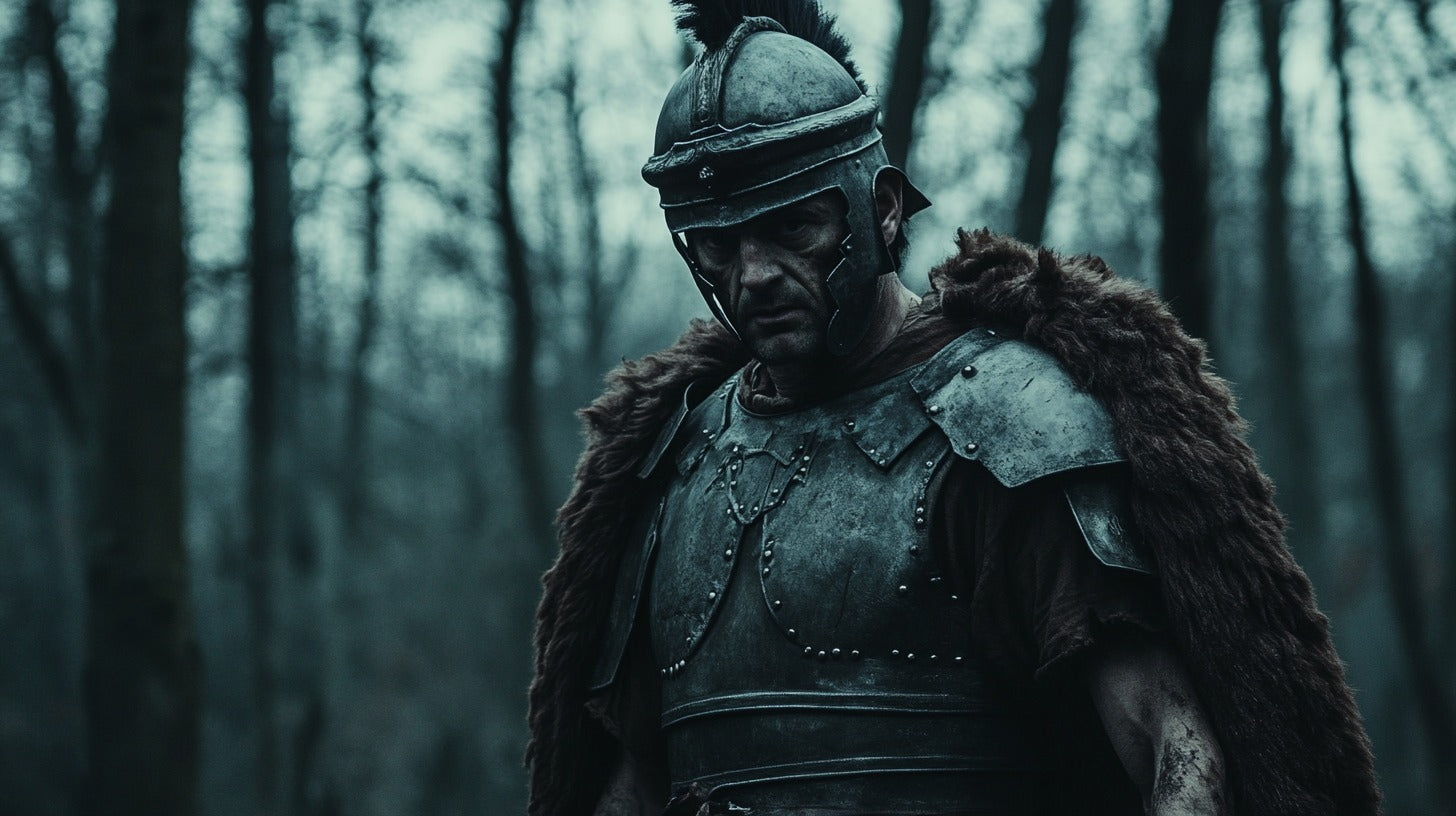
What Did the Romans Think of the Germanic Tribes?
The Roman perspective on the Germanic tribes, whom they often referred to as "barbarians," was complex and multifaceted. Shaped by centuries of interaction ranging from trade to warfare, Roman attitudes oscillated between fear, disdain, admiration, and curiosity. This article delves into Roman accounts of the Germanic peoples, exploring how Romans viewed their society, culture, and military prowess while considering the biases and limitations of ancient sources.
The Roman Concept of "Barbarians"

A preconnesian marble depiction of a barbarian. Second century AD. (Photo: Marie-Lan Nguyen CC BY 2.5)
The term "barbarian" (barbarus in Latin) was originally used to describe anyone who did not speak Latin or Greek. For the Romans, the term carried connotations of cultural and moral inferiority, often tied to the perception of these peoples as uncivilized and warlike. However, the word was not always purely derogatory; it also reflected a distinction between Roman society and those outside its political and cultural boundaries.
Germanic tribes, situated beyond the Roman frontier in the dense forests of Germania, were among those most frequently labeled as barbarians. Roman authors like Julius Caesar and Tacitus wrote extensively about these tribes, often framing them as the antithesis of Roman civilization.
Admiration for Germanic Valor
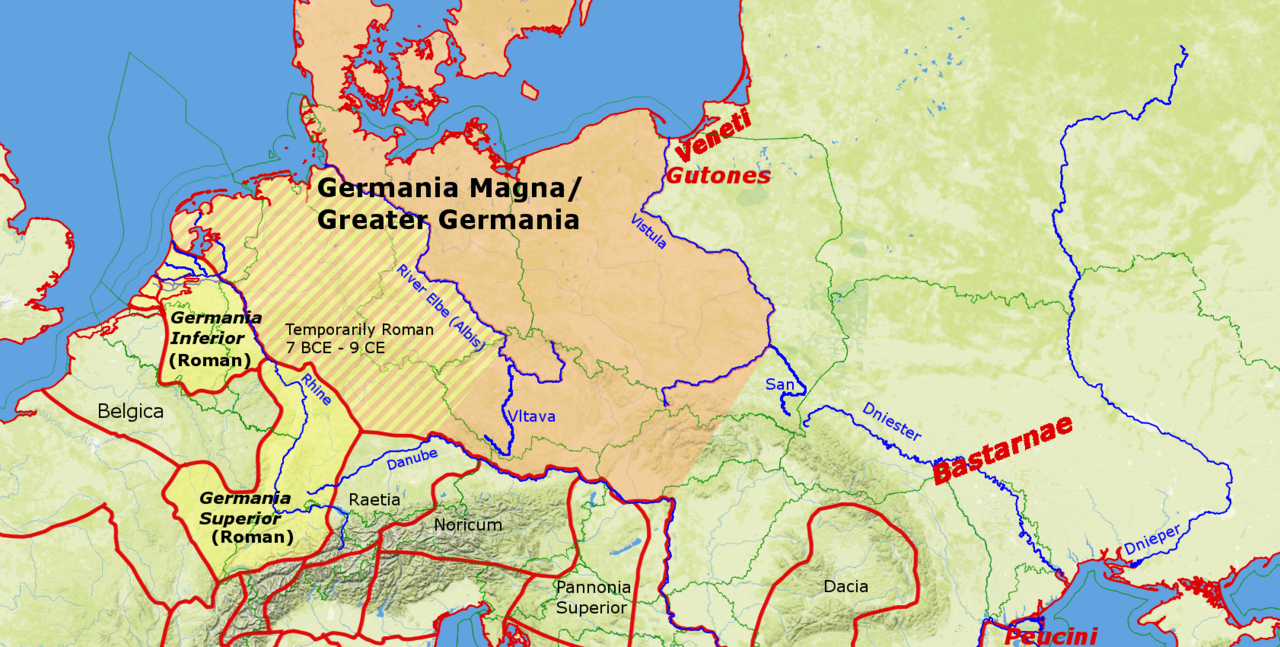
The several different regions labelled as 'Germania' in the Roman Era (Illustration: Andrew Lancaster CC BY-SA 4.0)
Despite their general disdain, Romans admired certain traits of the Germanic tribes, particularly their martial prowess. Tacitus, in his Germania (circa 98 CE), describes the Germans as fearless warriors, deeply loyal to their kin and leaders. Their willingness to fight to the death and their emphasis on personal honor earned grudging respect from their Roman adversaries.
Roman accounts also highlight the Germans' physical stature and endurance, often contrasting their rugged strength with what some Roman writers saw as the moral decadence of their own society. Tacitus, for instance, idealized certain aspects of Germanic life as being more virtuous and uncorrupted compared to Rome, which he saw as increasingly plagued by luxury and vice.
Disdain for "Primitive" Customs

Hrafnmjölnir - Norse Pagan Raven Mjölnir Ring
While Roman authors admired Germanic bravery, they were quick to criticize their way of life. The Germans were often portrayed as crude, living in simple huts, lacking cities, and relying on barter instead of coinage. Romans viewed these traits as evidence of their "backwardness," underscoring the supposed superiority of Roman civilization with its cities, laws, and infrastructure.
Germanic religious practices were another source of Roman disdain. Romans often misunderstood or dismissed their polytheistic beliefs, sacred groves, and rituals. However, Roman authors occasionally drew parallels between Germanic and Roman deities, recognizing similarities in their functions and characteristics. For instance, Tacitus noted that the Germans worshipped a god resembling Mercury, likely Wodan (Odin), as well as gods akin to Mars and Hercules. This recognition reflects a nuanced understanding of the Germanic pantheon and highlights the Romans' capacity to see commonalities across cultures.
Fear of Germanic Threats
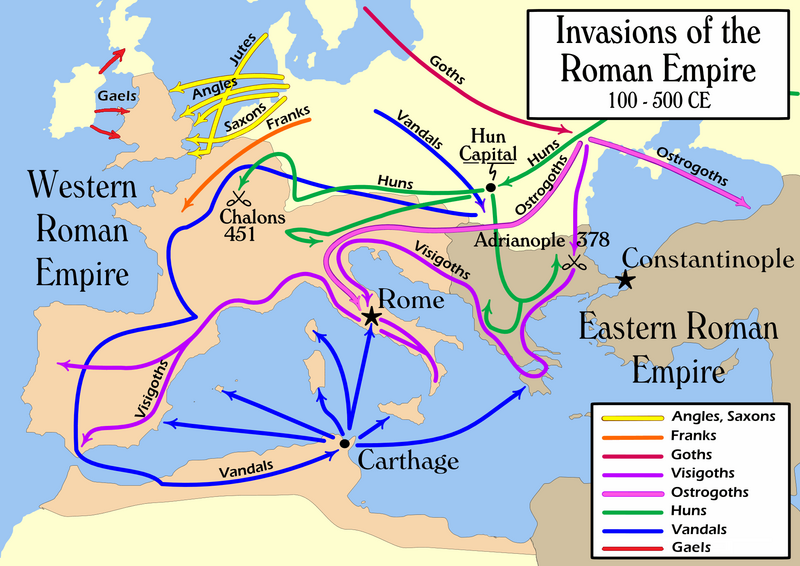
Routes taken by the numerous Germanic Tribes during the Migration Period - 5th Century AD (Photo: MapMaster CC BY-SA 2.5, Wikicommons).
The Germanic tribes’ military capabilities and frequent incursions into Roman territories made them a constant source of anxiety for the empire. The Battle of Teutoburg Forest in 9 CE, where Germanic forces under Arminius annihilated three Roman legions, was a defining moment that reinforced Roman fears. This defeat marked the limit of Roman expansion into Germania and entrenched the idea of the Germanic tribes as a formidable and unpredictable enemy.
Subsequent centuries saw repeated clashes between Rome and various Germanic groups such as the Goths, Vandals, and Franks. These tribes’ ability to harass Roman borders and eventually contribute to the empire’s downfall only deepened Roman perceptions of them as a chaotic and existential threat.
Trade and Cultural Exchange

Sól and Máni's Bane - Wolf Arm Ring
Not all interactions between Romans and Germanic tribes were hostile. Trade flourished along the Rhine and Danube frontiers, with Germanic tribes supplying goods such as amber, furs, and slaves in exchange for Roman wine, weapons, and luxury items. This economic interdependence created pockets of mutual respect and cultural exchange, particularly in frontier regions where Romanized Germanic elites emerged.
Roman writers occasionally acknowledged the capacity of Germanic leaders to adopt Roman customs and governance. Figures such as Arminius, who was trained as a Roman soldier before leading his rebellion, embodied this complex interplay of influence and resistance.
Tacitus’ Germania: Bias and Idealization

Statue of Tacitus outside the Austrian Parliament Building (Photo: Pe-Jo)
Tacitus’ Germania remains one of the most detailed accounts of the Germanic tribes, but it is important to approach it critically. Tacitus wrote with a specific agenda: to critique the perceived moral decay of Rome by contrasting it with the supposed purity of Germanic society. His portrayal of the Germans as noble savages—free, brave, and uncorrupted by luxury—should be seen as more reflective of Roman concerns than an accurate depiction of Germanic life.
The Legacy of Roman Views
The Germanic tribes were long viewed by the Romans as barbarians, uncivilized and outside the bounds of Roman culture. Despite this, after the fall of the Western Roman Empire, these tribes would come to inherit much of what Rome had left behind. The Vandals, Visigoths, and Franks, among others, established kingdoms on Roman soil and integrated Roman systems into their own societies. They adopted Roman law, governance, and titles, while also shaping their own identities.
Ironically, the very groups that were once seen as a threat to Roman order became its successors. The Germanic leaders, though once regarded as primitive, styled themselves as heirs to Roman power, blending Roman traditions with their own and forging a new European order. This shift reflects how cultural identities can evolve, as the so-called barbarians reshaped the remnants of Rome to suit their own needs, starting the medieval era in a world both shaped by and distinct from Rome.
Frequently Asked Questions (FAQs)
- Did the Romans respect Germanic gods and religion?
Yes, while Roman writers often dismissed Germanic religion as primitive, they occasionally noted similarities between Germanic gods and their own. For instance, Tacitus identified Wodan (Odin) with Mercury, Tyr with Mars and Thor with Hercules.
- What did Tacitus admire about the Germanic tribes?
Tacitus admired the tribes’ bravery, loyalty to kin, and perceived moral purity compared to Roman decadence. However, his views often served as a critique of Roman society rather than an accurate portrayal of the Germans.
- Why did the Romans call the Germanic tribes "barbarians"?
The term "barbarian" was used by the Romans for those outside their cultural and political sphere, especially those who didn’t speak Latin or Greek. For the Germans, it reflected the Roman perception of them as uncivilized and warlike.
- How did Germanic tribes contribute to the fall of the Roman Empire?
Germanic tribes such as the Goths, Vandals, and Franks played key roles in the decline of the Western Roman Empire by sacking cities, defeating Roman armies, and establishing independent kingdoms within former Roman territories.
- What was the ultimate legacy of Germanic tribes on Rome?
Ironically, the Germanic tribes adopted and adapted Roman laws, governance, and culture, becoming the foundation for medieval European kingdoms. They preserved and transformed elements of Roman civilization, blending them with their own traditions.
References
Tacitus, Germania (circa 98 CE) – A detailed account of Germanic tribes from a Roman perspective, often reflecting Tacitus' agenda to critique Roman society.
Julius Caesar, Commentarii de Bello Gallico – Descriptions of the Germanic tribes encountered during Caesar's campaigns.
Peter Heather, The Fall of the Roman Empire: A New History of Rome and the Barbarians – Explores interactions between Romans and Germanic tribes leading to the fall of the Western Empire.
Guy Halsall, Barbarian Migrations and the Roman West, 376–568 – An analysis of Germanic migrations and their influence on the post-Roman world.
Edward James, Europe’s Barbarians AD 200–600 – A comprehensive study of how Germanic tribes interacted with and transformed the Roman Empire.
Michael Kulikowski, Rome's Gothic Wars: From the Third Century to Alaric – Focuses on the Gothic tribes’ interactions with Rome.
Heather, P., Empires and Barbarians: The Fall of Rome and the Birth of Europe – Discusses the cultural exchange and eventual integration of Germanic tribes into the Roman world.
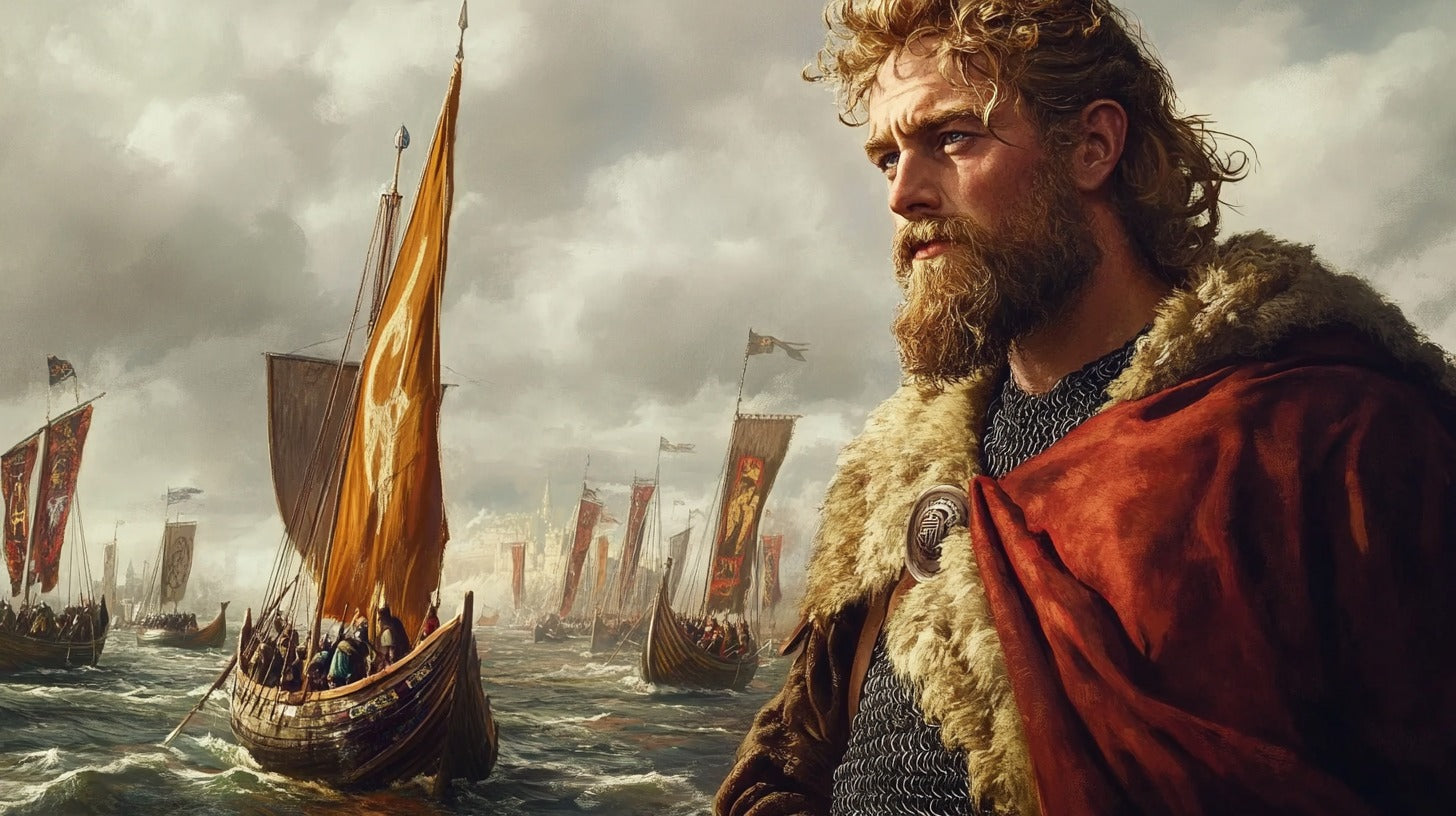
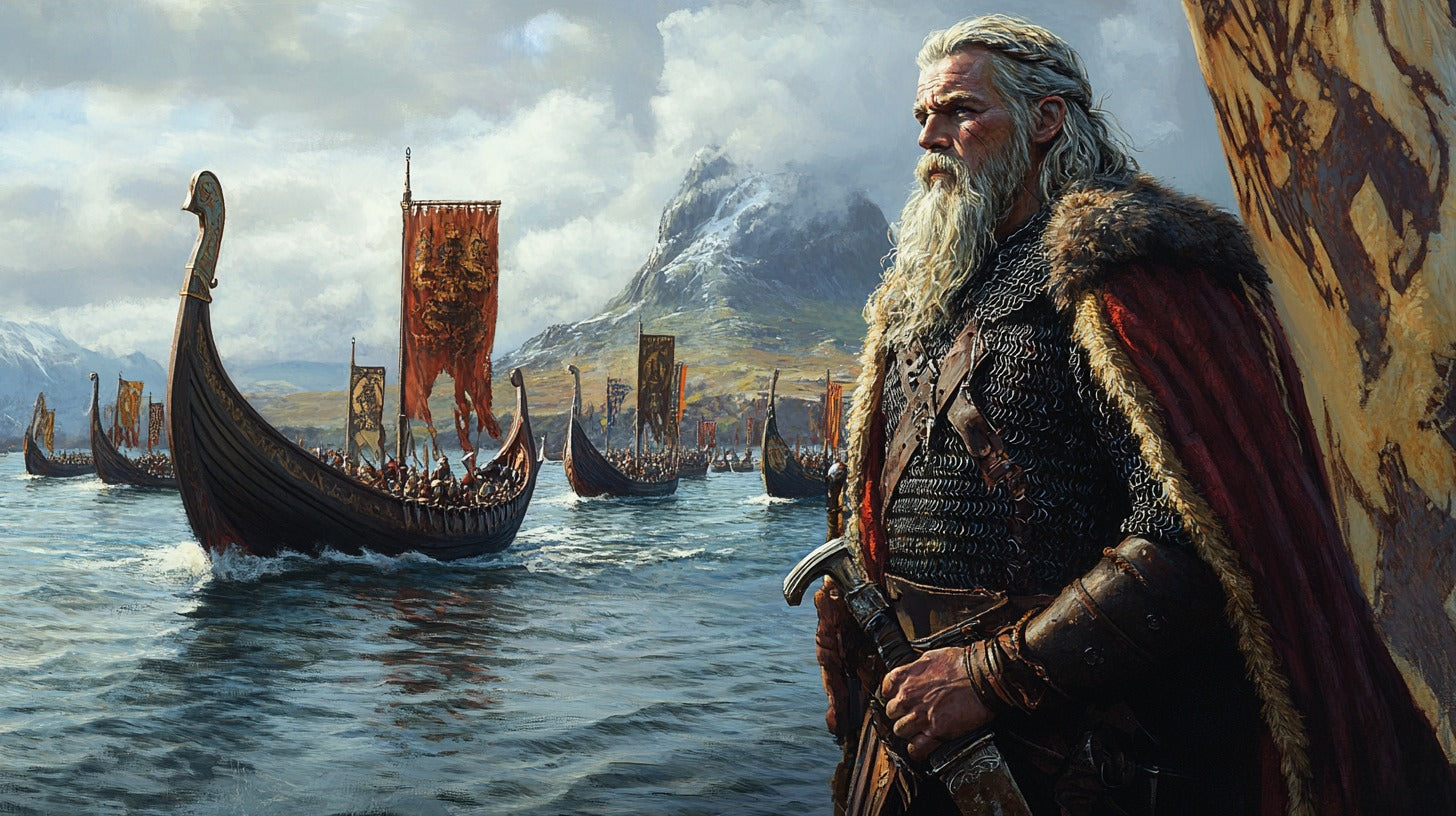

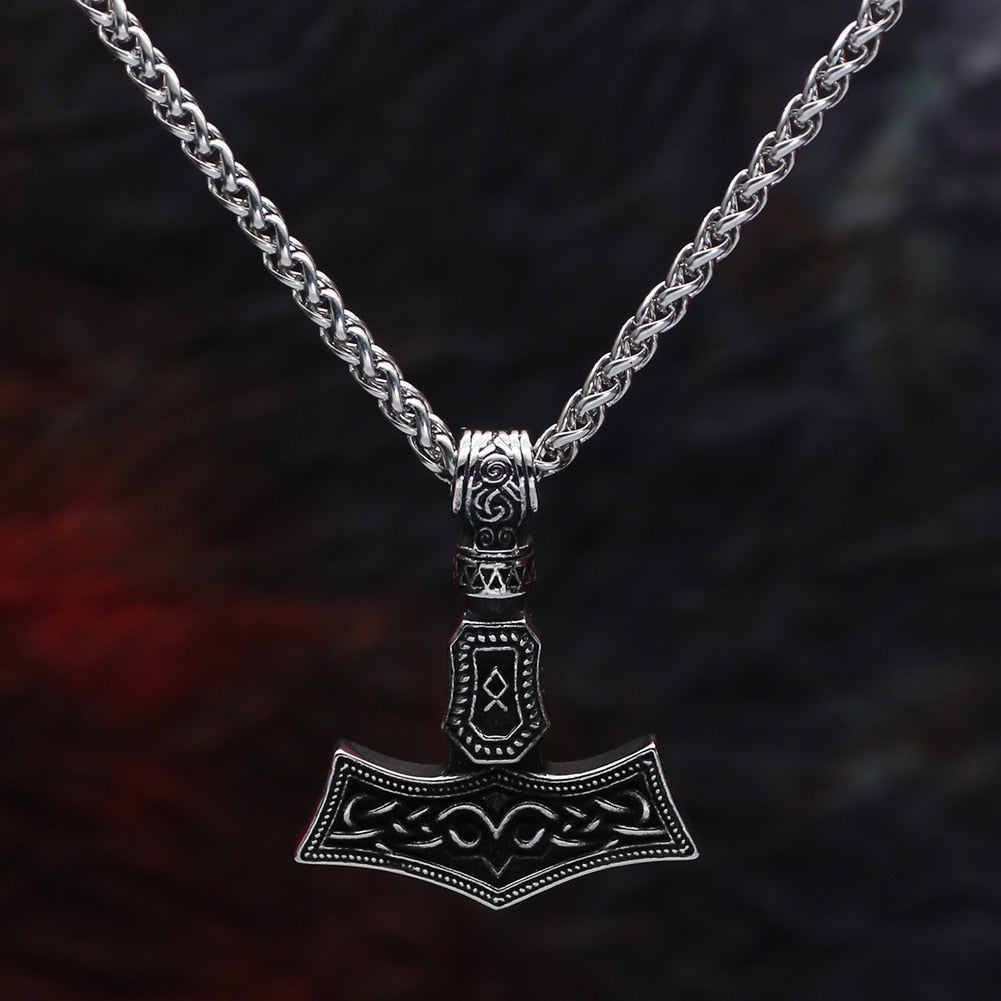
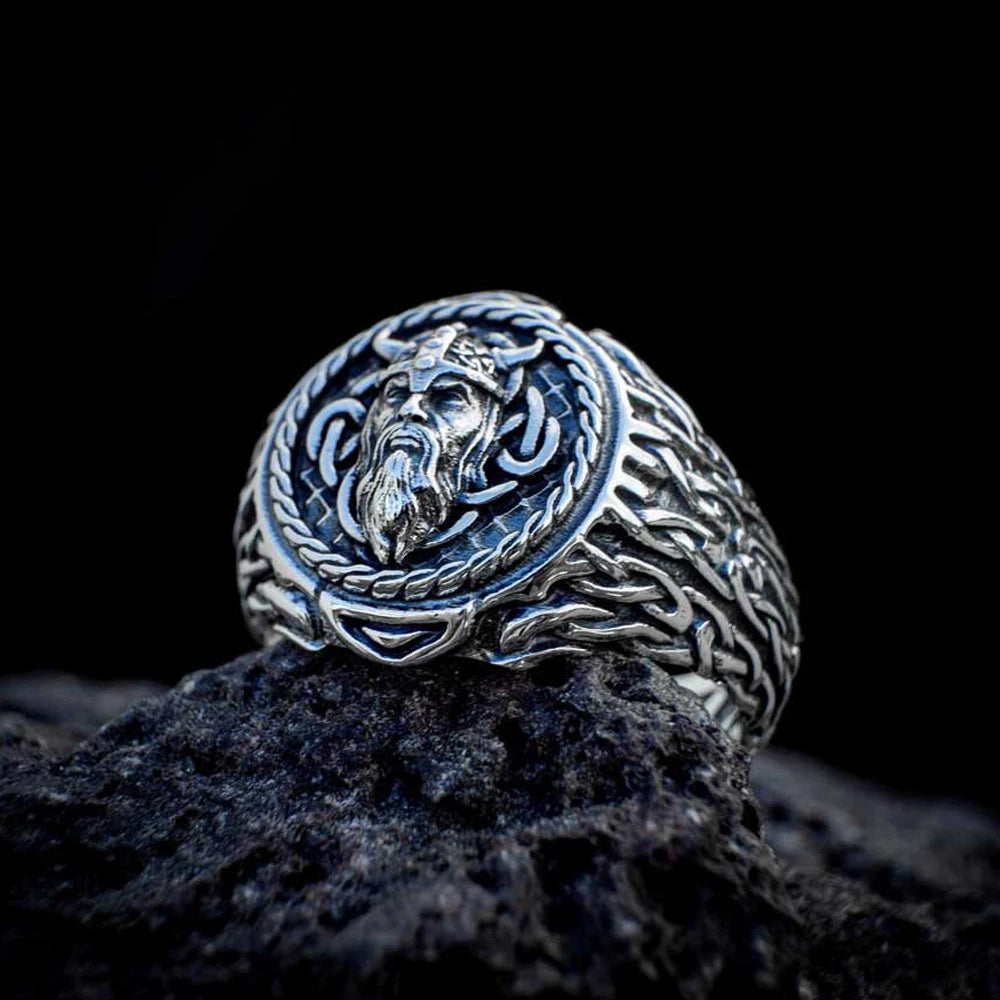




Leave a comment
This site is protected by hCaptcha and the hCaptcha Privacy Policy and Terms of Service apply.